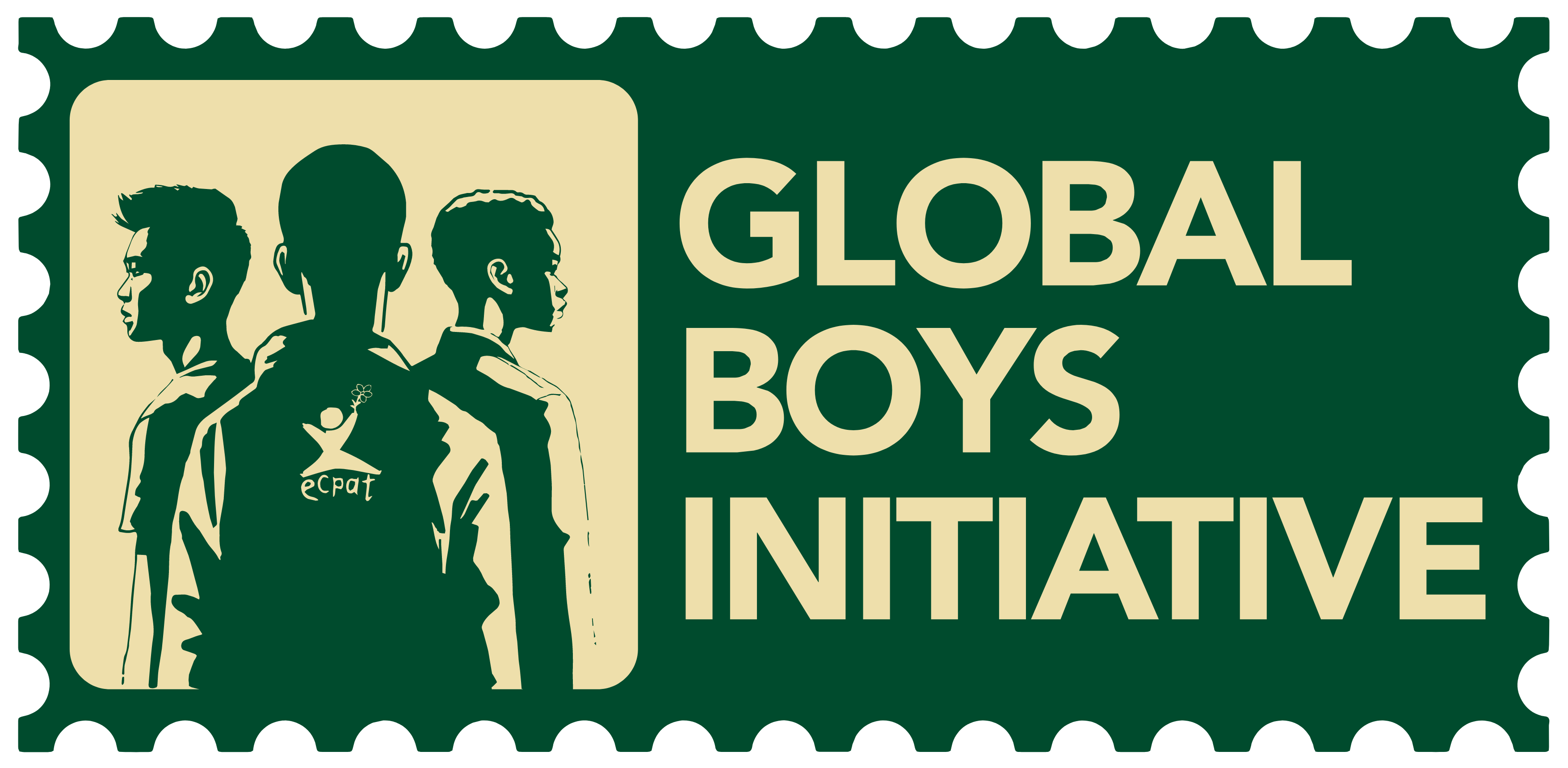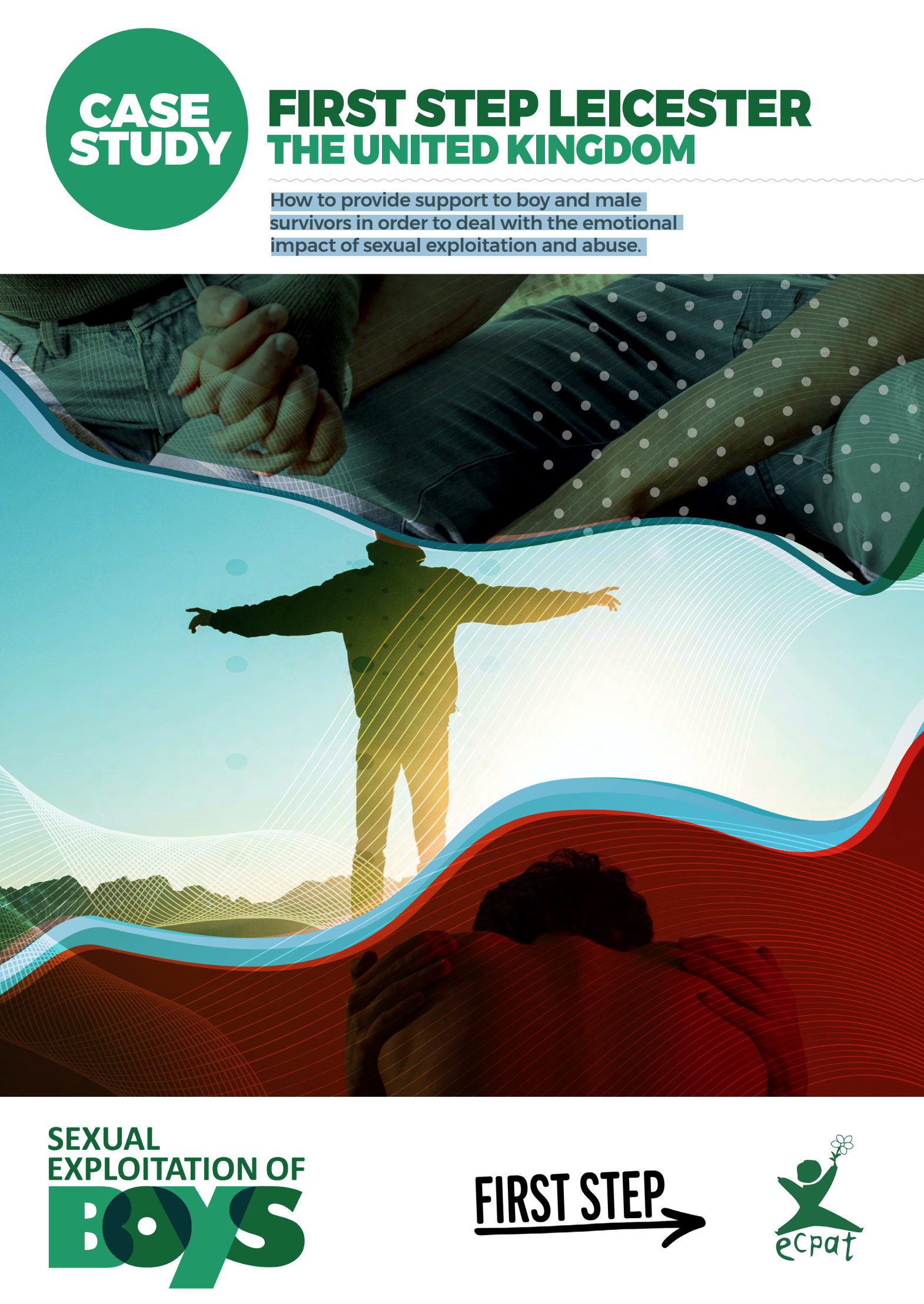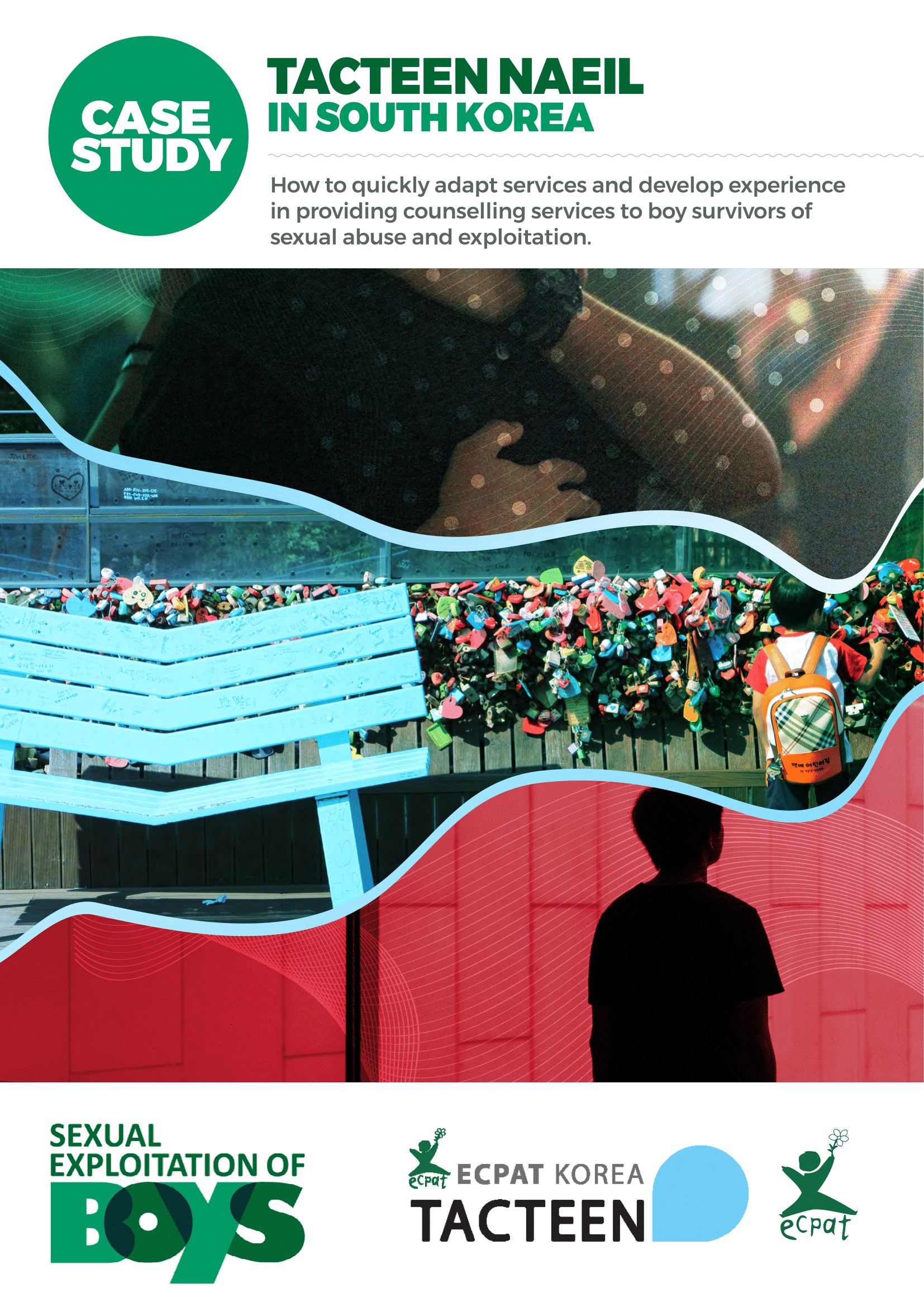
Society places expectations on boys to be invulnerable, demonstrate strength, be self-sufficient, and when faced with adversity – to control their emotions and solve their problems alone. Varying from these norms, for example, by seeking help, can be regarded as a form of a weakness or “failing to be a ‘real man’”.
In short, gender norms can even prevent boys from recognising they have been victimised or impact the ways they show they need help. Conversely, the very same norms also make it hard for others to recognise boys are just as likely to be vulnerable. For young boys and men, there is a pervasive culture of silence that is further reinforced by a combination of additional individual, relational, community, and institutional factors. Without an outlet to speak, to ask for help, or to recognise their unique needs, young boys internalise these gender norms and reflect guilt, shame, and internalised anger at themselves.
While recognising that disclosure of abuse and exploitation is difficult for any that chooses to do so, it is clear that gender norms regarding male vulnerability present a particularly challenging barrier for boys. The issue of vulnerability and the victimisation of boys is rarely addressed with frontline workers. This fuels a vicious cycle, in which there are limited disclosuresand referrals of these issues, so frontline workers are unable to spot the signs with boys, leading them to continue to have limited experience on the issue. The truth is that frontline workers are generally not equipped to identify and meet the rights of boys subjected to sexual exploitation to access adapted services and there is a pressing need to address gender norms and biases in the way that services are typically designed and carried out.
As the programmatic responses to identify and meet the unique needs of boys are scarce, ECPAT International launched the Global Boys Initiative to explore:
To meet the initial challenge of limited information regarding the adaptation of services to boys, the Global Boys Initiative embarked on a series of research projects in 10 countries around the world, to shed light on the scale and scope of the issue, how boys come into these vulnerable situations, and what their protection rights are. The findings of the Global Literature Review and the country reports are aligned, showing us that the vulnerability and risk factors, the barriers to access and the ideas of masculinity behind the sexual exploitation and abuse of boys are a global issue that require global solutions.
ECPAT International engaged in a series of meetings and conversations with the members of its network, other civil society organisations, academia and partners to further understand the existing gaps in the provision of services to boys at risk and survivors of sexual exploitation and abuse. On this basis, a mapping of existing practices and experience in working with boys was launched and a community of practice activated. In this framework, some of these organisations and partners have been engaged by ECPAT International in a learning exercise to document practice to understand what works and what does not work in engaging and working directly with boys or on issues affecting them. The findings of the Global Literature Review, the 10 country specific reports and the learning gathered through engagement with practitioners and civil society organisations allowed us to be able to speak with confidence on a range of urgent topics involving the sexual exploitation of boys. We are now focusing on how to address these issues and challenges and how to support boys and service providers in effectively fighting against sexual exploitation.
The challenges, barriers and key protection factors on which we need to conduct work are clear and the main gaps requiring urgent attention identified.
The wealth of information generated by ECPAT International on the issues and shortfalls allows us to design a tailored strategy to equip those on the frontline with the tools, skills and material to adapt their practice to boys. Implementation of direct programming on the problem is also key to generate learning and further data and to ensure that advocacy actions for long and impactful change are based on evidence and actual commendable practice.
Following the research conducted on the sexual exploitation and abuse of boys, ECPAT International produced a series of recommendations, which focused on the urgent need to develop tools, guidance, and capacity-strengthening instruments to equip service providers with better tools to work with boys in a gender-sensitive and substantial way. This was just the first step. In order to ensure that global expertise is fed by local knowledge, ECPAT Global Boys Initiative supported members and partners efforts directly by documenting practices and approaches on how to work with boys and ensuring that these are disseminated, understood, and can be faithfully replicated and applied.
The case studies created by ECPAT International explore the issues and challenges that arise when working with boy survivors of sexual exploitation and abuse, across different contexts and communities. The case studies also work to support ECPAT members, across the network to align programming on sexual exploitation of boys.
The information gathered is valuable to the service providers who support at risk boys or victims of sexual exploitation. These case studies, in documenting the current practices are critical in defining processes, building conversations from practical approaches to build up normative and guiding principles and tools that can be of global use, while also addressing the concrete realities of practitioners;
All case studies want to contribute to the global question of “how can we work with boys at risk and boy survivors of sexual exploitation and abuse with a gender-sensitive approach?”.

The United Kingdom

South Korea
The inaugural Global Boys Summit took place in Casablanca, Morocco, bringing together more than 65 practitioners from over 30 countries between June 6-8, 2023. Hosted by ECPAT International and co-organised with ECPAT member AMANE, the Summit aimed to enhance support for boy survivors and equip practitioners with the best tools for appropriate and quality care.
The Summit represented a unique opportunity for practitioners from around the world to learn, collaborate and exchange diverse perspectives on this critical issue. Pooling their collective experiences and expertise, participants at the Global Boys Summit transformed their shared insights, challenges, and ideas into key action points, designed to invigorate action supporting boys at national, regional, and global tiers in the years to come.
Above all, the Global Boys Summit inspired a sense of dynamism and determination. It catalysed practitioners to form alliances, fostering an environment of understanding and mutual support. This camaraderie will be instrumental in raising the profile of the conversation around the sexual exploitation and abuse of boys, thereby prompting the formulation of more attuned strategies to amplify the representation of boys within the global child protection sector.
Each country report includes the results of a survey conducted with frontline social service providers about services available to boys subjected to sexual exploitation, analysis of how well the legal framework protects boys and girls from sexual exploitation and recommendations for immediate and future action.
Thailand EN | TH or read a summary EN | TH
South Korea EN | KO or read a summary EN | KO
Sri Lanka EN or read a summary EN
Hungary EN | HU or read a summary EN | HU
Pakistan EN or read a summary EN
Belgium EN or read a summary EN
The Gambia EN or read a summary EN
Bolivia EN or read a summary EN
India EN or read a summary EN
Morocco EN or read a summary EN
In partnership with global experts, ECPAT International developed a careful and ethical approach to engaging male survivors of sexual exploitation in conversations with trauma-informed practitioners. These conversations focused on the current barriers and needs to improve access to and quality of services for boys seeking help.
With the aim of encouraging a stronger evidence base, in collaboration with the Global Boys Initiative, UNICEF led the development of a paper that examines: (1) the magnitude, causes, risk factors and consequences of the sexual exploitation of boys and (2) ethical and methodological challenges that pervade research on this topic.
Read the paper here: Research on the Sexual Exploitation of Boys: Findings, ethical considerations and methodological challenges
Tune in to our episode on Ending the Silence, a podcast by ECPAT International.
In partnership with academics and students from McMaster University and more than 30 member organisations from around the world, ECPAT International gathered published and grey literature on the sexual exploitation of boys for a systematic review.
Read the review here: Global Review of the Existing Literature on the Sexual Exploitation of Boys